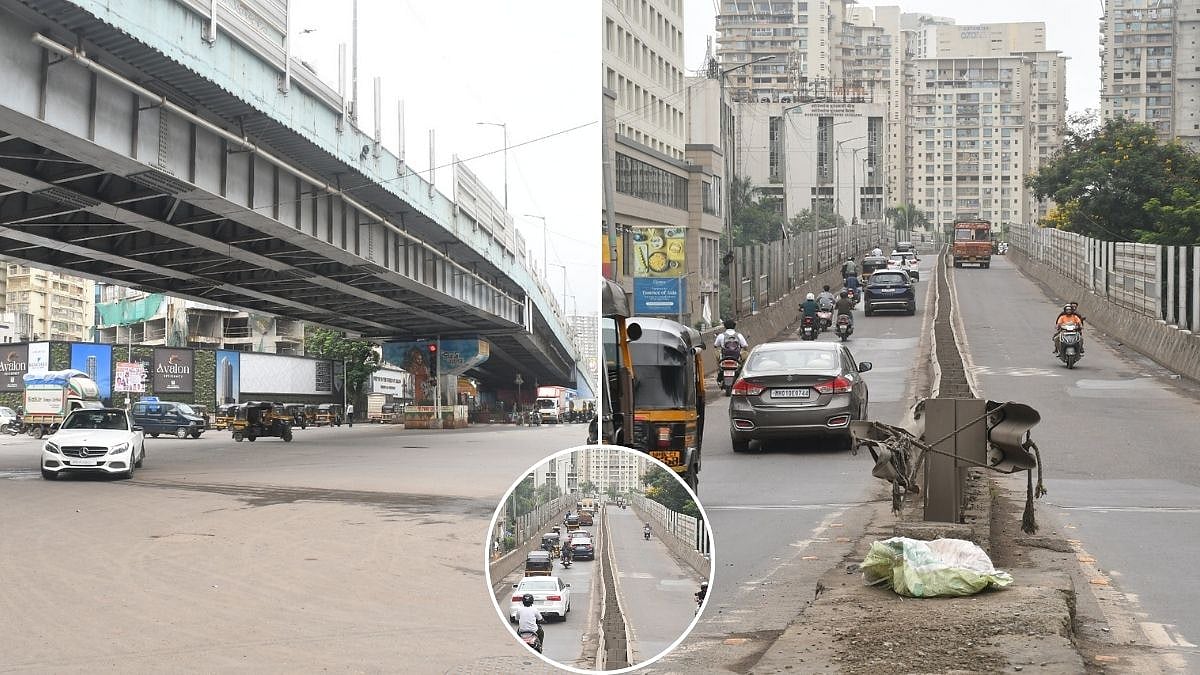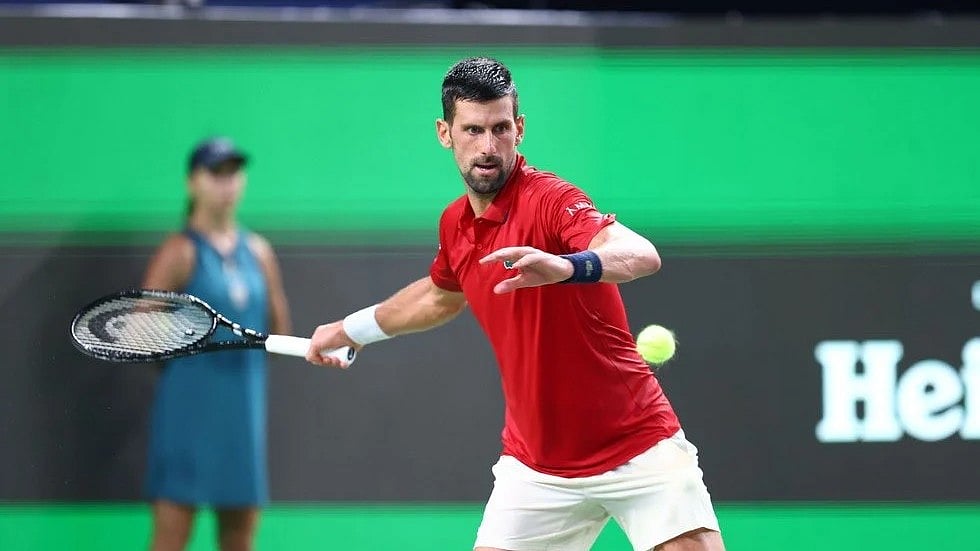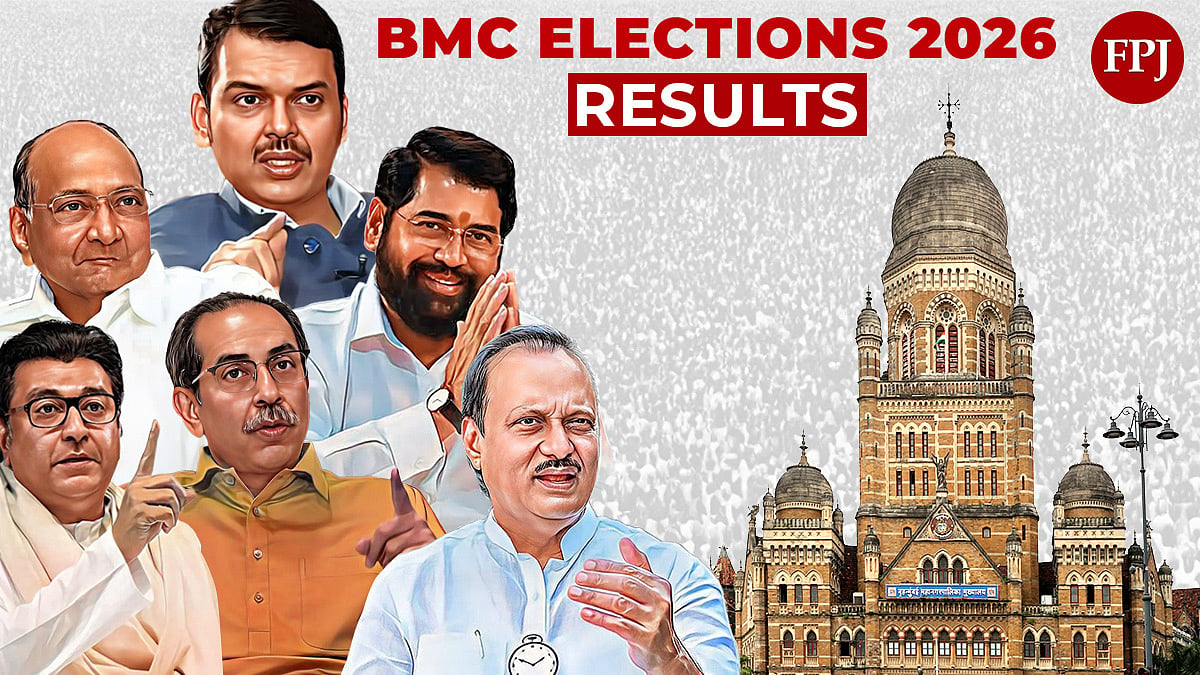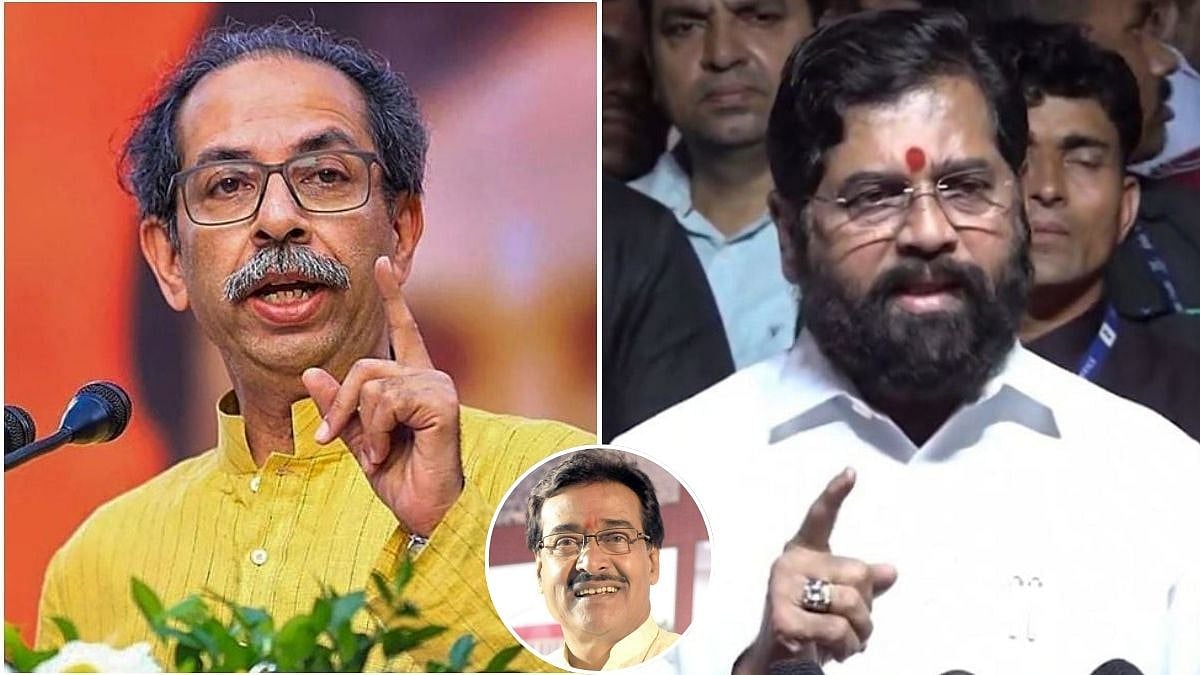Mumbai: Chief Justice of India DY Chandrachud on Saturday called the basic structure doctrine a North Star that guides and gives certain direction to the interpreters and implementers of the Constitution when the path ahead is convoluted.
The CJI was delivering the Nani A Palkhivala Memorial Lecture in Mumbai. He also said that the craftsmanship of a judge lies in interpreting the text of the Constitution with the changing times while keeping its soul intact.
Remarks by Vice President of India Jagdeep Dhankhar
He said this in the backdrop of the recent remarks by Vice President of India Jagdeep Dhankhar who questioned the landmark 1973 Kesavananda Bharati case verdict that gave the basic structure doctrine. Mr Dhankar had said the verdict set a bad precedent and if any authority questions Parliament’s power to amend the Constitution, it would be difficult to say “we are a democratic nation”.
“The basic structure or the philosophy of our Constitution is premised on the supremacy of the Constitution, rule of law, separation of powers, judicial review, secularism, federalism, freedom and the dignity of the individual and the unity and integrity of the nation,” the CJI said, adding that from time to time “we require people like Nani Palkhivala, who was an eminent jurist, to hold candles in their steady hands to light the world around us”. He said, “Nani told us that our Constitution has a certain identity which cannot be altered.”
There has been a significant change in India’s legal landscape: CJI
The CJI also observed that India’s legal landscape has undergone a significant change in the recent decades in favour of removing “strangulating regulations, augmenting consumer welfare and supporting commercial transactions”. He said the emerging world economy has erased national boundaries, and companies no longer stop at the border.
Later, speaking at an event organised by the Bar Council of Maharashtra and Goa, the CJI hinted at future use of Artificial Intelligence (AI) in giving translated copies of judgements in all Indian languages.
He underlined the benefit of live-streaming and said teachers of law and students can watch and discuss live issues before the court. “Then you realise the injustice that pervades our society when you discuss live issues,” he added.
“...There is a meritocracy barrier. We must have live streaming... I do not have a cynical view... Yes a few people will begin theatrics, but that’ll be far and few between,” the CJI said.
Stressing the importance of technology, the CJI said his mission for technology is to reach out to those who don’t have access and not to create a further gap in access.








